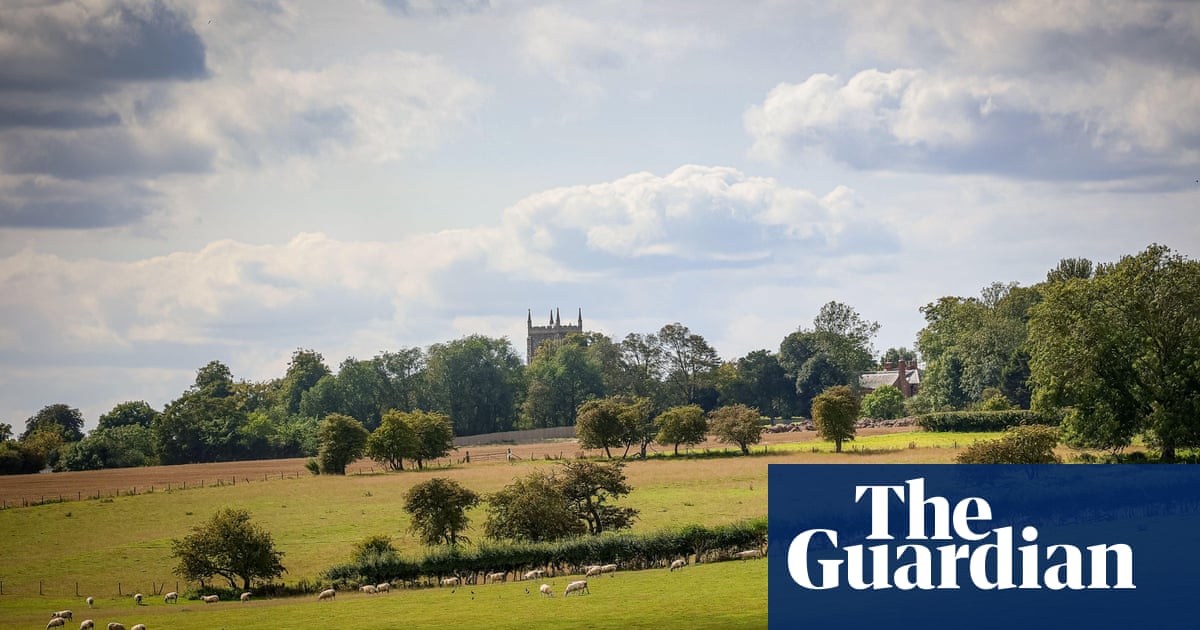Grants promised to farmers in England for planting hedges and cleaning up waterways have been frozen by the government.
The capital grants scheme, which was opened by the government to allow farmers to invest in infrastructure like slurry storage so animal excrement does not go into rivers, has been abruptly paused. Farmers have said this will make it difficult for them to run their businesses in an environmentally friendly way.
The grants offer funding for specific environmental measures on farms such as tree planting and maintenance, badger gates so the animals can get through fences without causing damage and wildlife boxes for creatures to nest in.
Lake district cattle farmer Andrea Meanwell said: “We have made changes to our grazing, management and breeds to plan for the agricultural transition but this is all very challenging.”
Joe Stanley, head of sustainable farming at the game and wildlife conservation trust’s Allerton Project, added: “What a situation; the government changes the entire social contract with farmers to make them deliver for the environment, then cuts the funding off when farmers rise to the challenge.”
Government sources said the funding had been halted due to budget constraints.
This comes as the government faces protest from farmers over changes to inheritance tax which would see those who inherit the family farm pay a 20% levy on the value of the business above £1m. As farm income is low and falling, particularly compared with the value of land, farmers have argued the repayments will be impossible to make.
The prime minister, Keir Starmer, met the president of the National Farmers’ Union, Tom Bradshaw, on Monday to discuss changes to the tax regime to make it fairer to elderly farmers, including changing the rules over gifts so farm owners over a certain age do not have to live for seven years after they pass it down to their children.
A spokesperson for Defra confirmed the capital grants scheme review: “We will simplify and rationalise our grant funding, ensuring that grants are targeted towards those who need them most and where they can deliver the most benefit for food security and nature.”
after newsletter promotion
The news comes after Rachel Reeves’s cuts to farming subsidies were larger than expected. Data from the Agricultural Industries Confederation (AIC) shows cuts to government payments have fallen far more sharply than expected. After Brexit, ministers pledged to slowly phase out the land area-based payments which the EU gave out under the common agricultural policy. This was to allow farmers to transition to a new system of being paid for action on nature – such as planting hedgerows and looking after the soil – without a huge financial shock and potentially going bust.
However, the chancellor announced a cut of 79% to these payments. Farmers were expecting a more tapered cut: the AIC data shows that, at the top end of the scale, a farmer receiving £62,000 last year was expecting £38,000 this year but will be getting £7,200. For farmers on tight margins, this change could wipe out profits.

